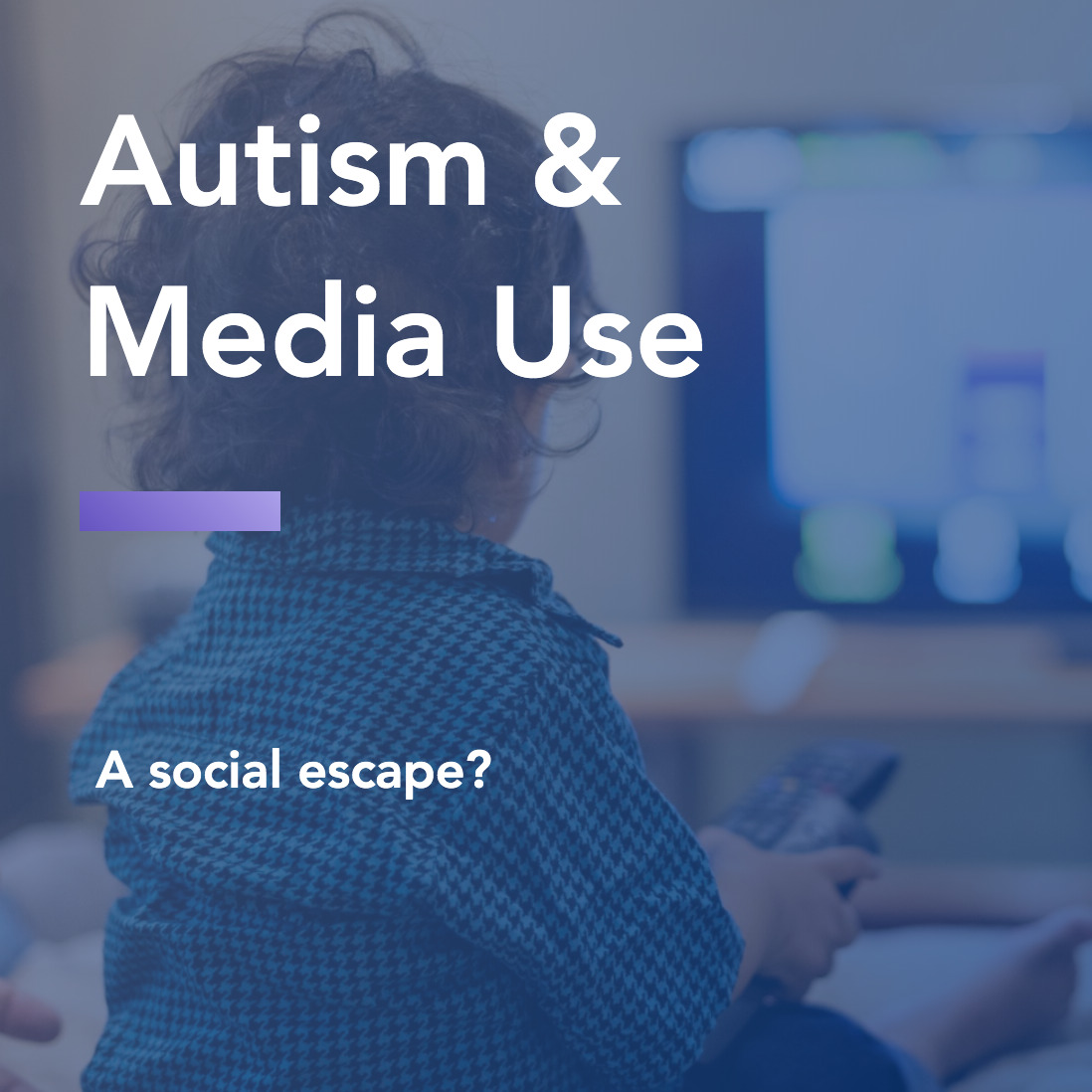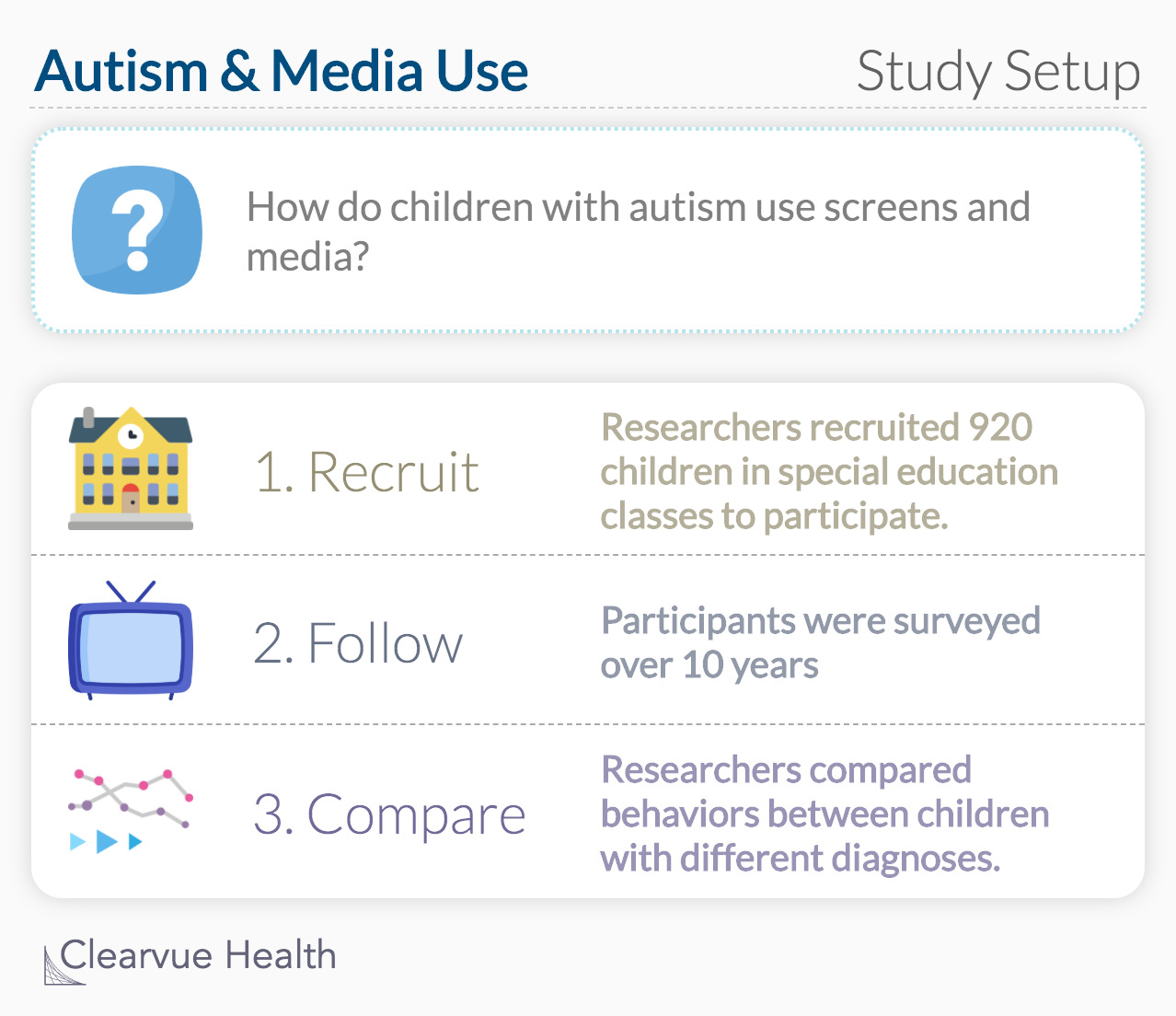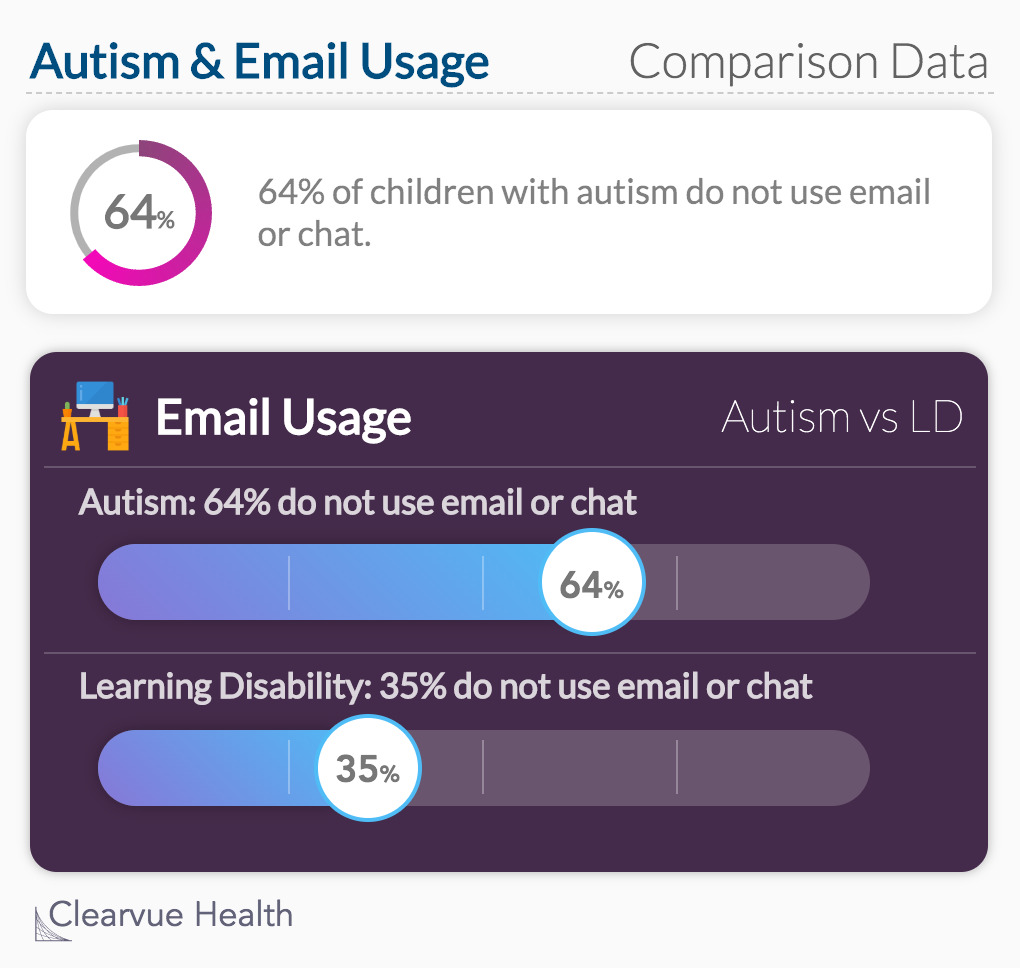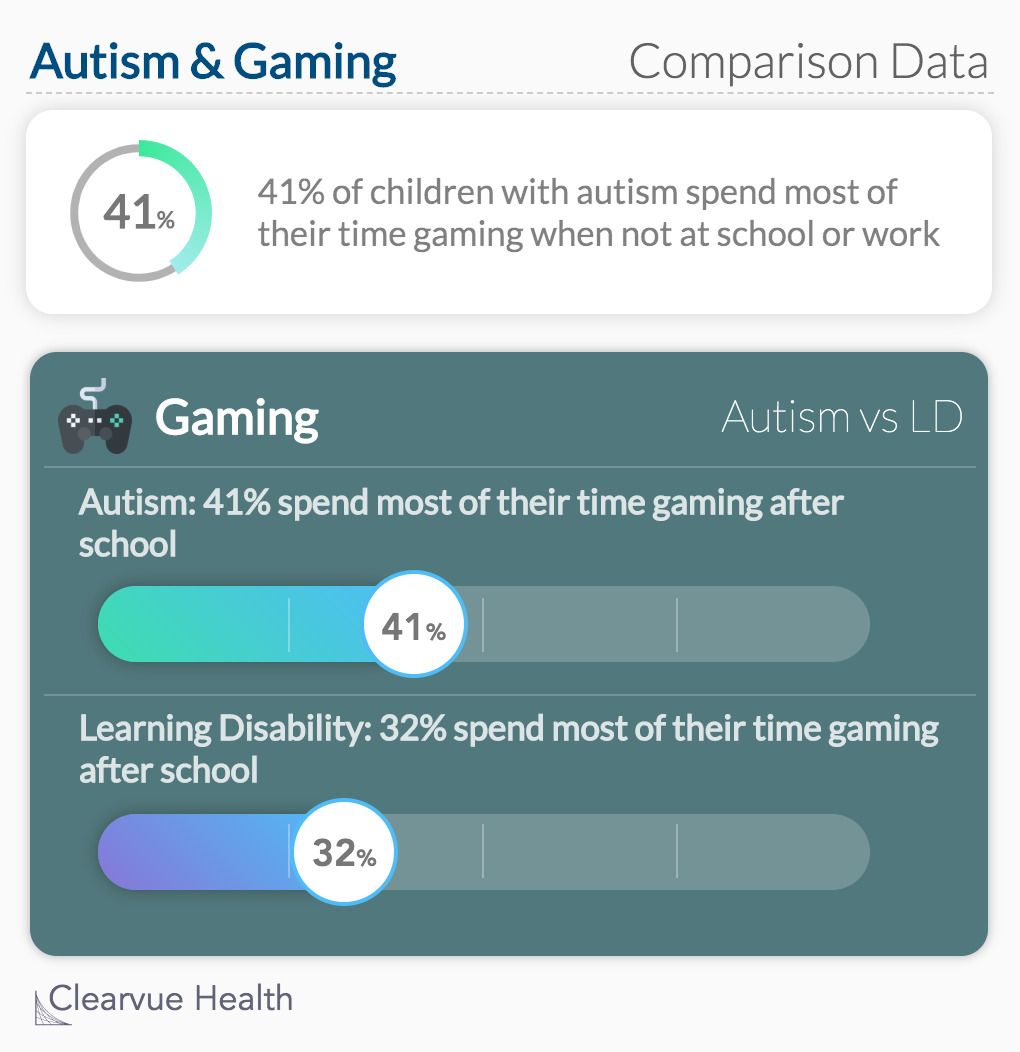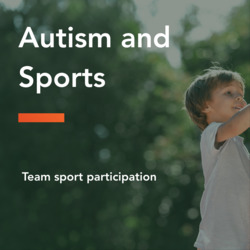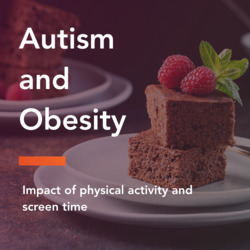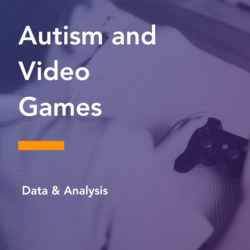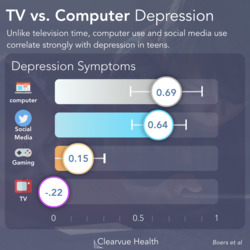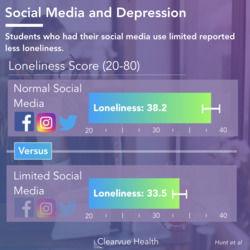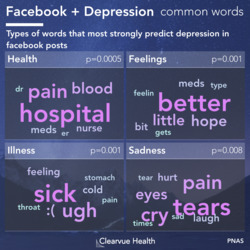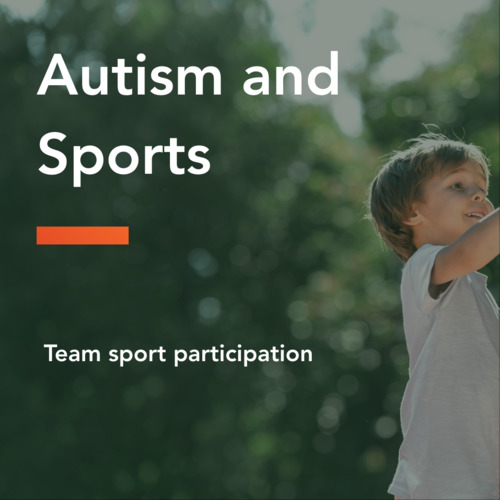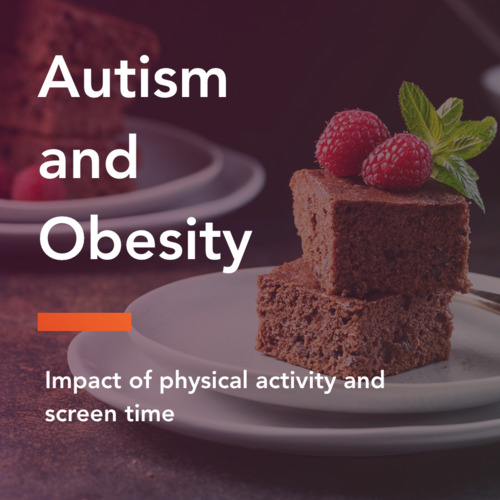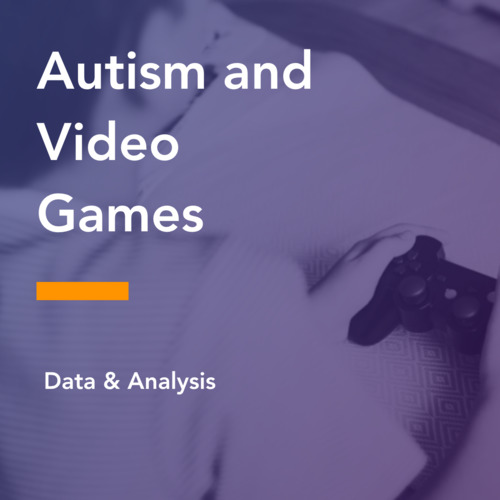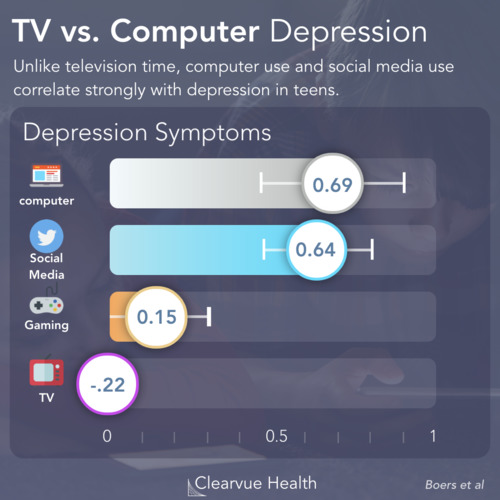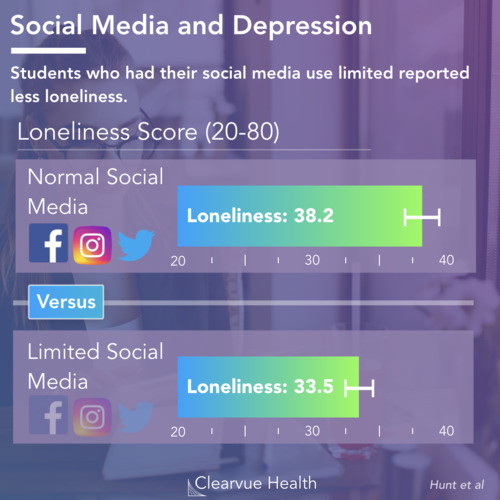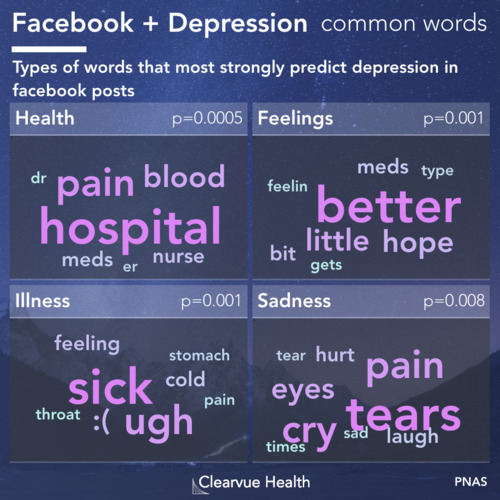Autism Spectrum Disorder (ASD) is a neurological condition affecting 1 in 59 children in the United States. ASD can be described using four main developmental and behavioral categories: social skills, repetitive behaviors, speech, and nonverbal communication. Every child exhibits different strengths and abnormalities in each category.
Currently, there is no cure for ASD. The exact cause of this disorder is still unknown.
Doctors are dedicated to improving the quality of life for those living with ASD and their families. However, treatments are still limited.
Staring at a screen
Screen time is a factor in many people’s lives that has increased exponentially in recent years. Screen time is often associated with disorders such as obesity and problems in academic performance, among other debilitations.
It is important to identify the daily activities with the potential to help or harm an ASD child’s development, as some of these activities may even influence long term success. Researchers have designed a study to measure whether screen time has the potential to alter or hinder development and long-term success in children with ASD.
Source: Prevalence and Correlates of Screen-Based Media Use among Youths with Autism Spectrum Disorders
Study of ASD and Screentime
Researchers designed a study to examine the social and nonsocial media use of children ages 13-16 placed in special education classes across 500 different school districts. They asked 920 parents of children in these special education classes to fill out surveys. Children were categorized into four different groups for comparison: ASD, speech/language impairment, learning disability, and mental retardation.
Social media
Social media includes email, internet chatting, as well as all our communication apps. Children with ASD were least likely to use the computer for internet, email, or chat purposes among their special education classmates.
Children with ASD were twice as likely to avoid email or chat than children with speech/language impairments or learning disabilities.
“
It is interesting, but not necessarily surprising, that difficulties in face-to-face verbal communication (e.g., conversation) are associated with difficulties in written communication (e.g., email).
Mazurek et al
Nonsocial media
Nonsocial media, like television and video games, does not require any social interaction. Children with ASD spent the majority of their time using nonsocial media, particularly video games. This may suggest that the participants did not want to be fully detached from the media, but wanted to avoid social engagement.
A mental break
“
Because watching television requires little effort, it may represent a ‘mental break’ for youths who have trouble engaging in cognitively or socially demanding tasks due to the nature of their impairments.
Mazurek et al
Moreover, ASD children with more severe social impairments may not have relationships with whom they could email back and forth with.
Nonsocial media use may also be high for ASD children if parents and caregivers use it as a means of distraction or a way to prevent tantrums, particularly with television.
